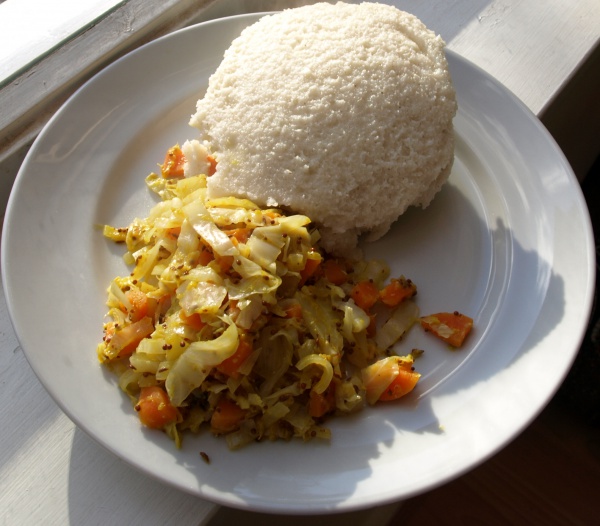Facts About Pap
Ugali, also known as ugali pap, nsima, or nshima, is a cherished maize flour porridge enjoyed across Africa. It is prepared by cooking maize flour in boiling water or milk until it thickens to a firm, dough-like consistency. The name "ugali" originates from Swahili, and it is called "nsima" in Malawian languages. Introduced to Africa from the Americas between the 16th and 17th centuries, maize eventually became a staple crop in many regions.
Ugali is a fundamental food in the African Great Lakes region and Southern Africa and is often served with stews or vegetables. Various countries have their own versions of this dish:
- Ghana: Known as "sagtulga" or "diehuo" it is typically consumed with soupy sides.
- Kenya: Called "obusuma" it is a staple at weddings and other gatherings.
- Malawi and Zambia: Referred to as "nsima" it is made from maize flour and paired with protein and vegetable dishes.
- Nigeria: Known as "akamu" it is commonly served with bean pudding or bean cake.
- South Africa: Called "pap" this traditional porridge is enjoyed with various accompaniments.
- Zimbabwe: Known as "sadza" it is a maize meal staple served with a variety of condiments.
Ugali is similar to dishes from other parts of the world, such as polenta from Italy, grits from the southern United States, and fufu from West and Central Africa. Other related dishes include banku, isidudu, uphuthu, umpokoqo, and umngqusho. The preparation and serving of ugali and its variations reflect the rich and diverse culinary traditions across Africa.

 Zimbabwe
Zimbabwe